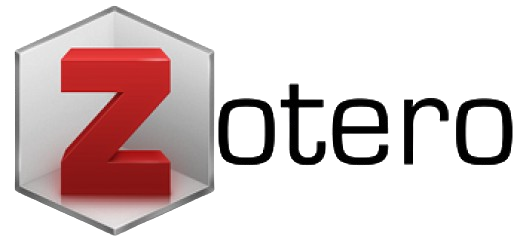Social Construction of Gender Identity in the Household Life of Sidodadi Community, Sidoarjo
Abstract
This study examines the social construction of gender roles in the Sidodadi community, Sidoarjo Regency, emphasizing the tension between traditional norms and ongoing social changes. Using a qualitative approach through in-depth interviews and participatory observation, the research analyzes how social interactions shape and maintain gender identity, drawing on Berger’s social construction theory. The findings show that although women increasingly participate in education and the workforce, traditional norms continue to strongly influence the division of domestic tasks and authority in family decision-making. However, among younger families there is a tendency toward more egalitarian relations, particularly due to greater access for women to education and employment. These results confirm that gender identity is not merely determined by biological factors but is instead a product of social interactions legitimized by traditions and local institutions. This research contributes to gender studies in Indonesia by providing new insights into the dynamics of gender roles at the community level in rural areas and offering a basis for policies that promote gender equality.
Keywords:
Gender, Gender Roles, Sidodadi Community, Social ConstructionDownloads
References
How to Cite
Published
Issue
Section
License
Copyright (c) 2025 Rahma Safitriana Fitri

This work is licensed under a Creative Commons Attribution-NonCommercial-ShareAlike 4.0 International License.
- Authors retain copyright and grant the journal right of first publication with the work simultaneously licensed under a Creative Commons Atribusi-Non Commercial-Share Alike (CC BY-NC-SA).
- Authors are able to enter into separate, additional contractual arrangements for the non-exclusive distribution of the journal's published version of the work (e.g., post it to an institutional repository or publish it in a book), with an acknowledgement of its initial publication in this journal.
- Every publication (printed/electronic) are open access for educational purposes, research, and library. Other than the aims mentioned above, the editorial board is not responsible for copyright violation.













